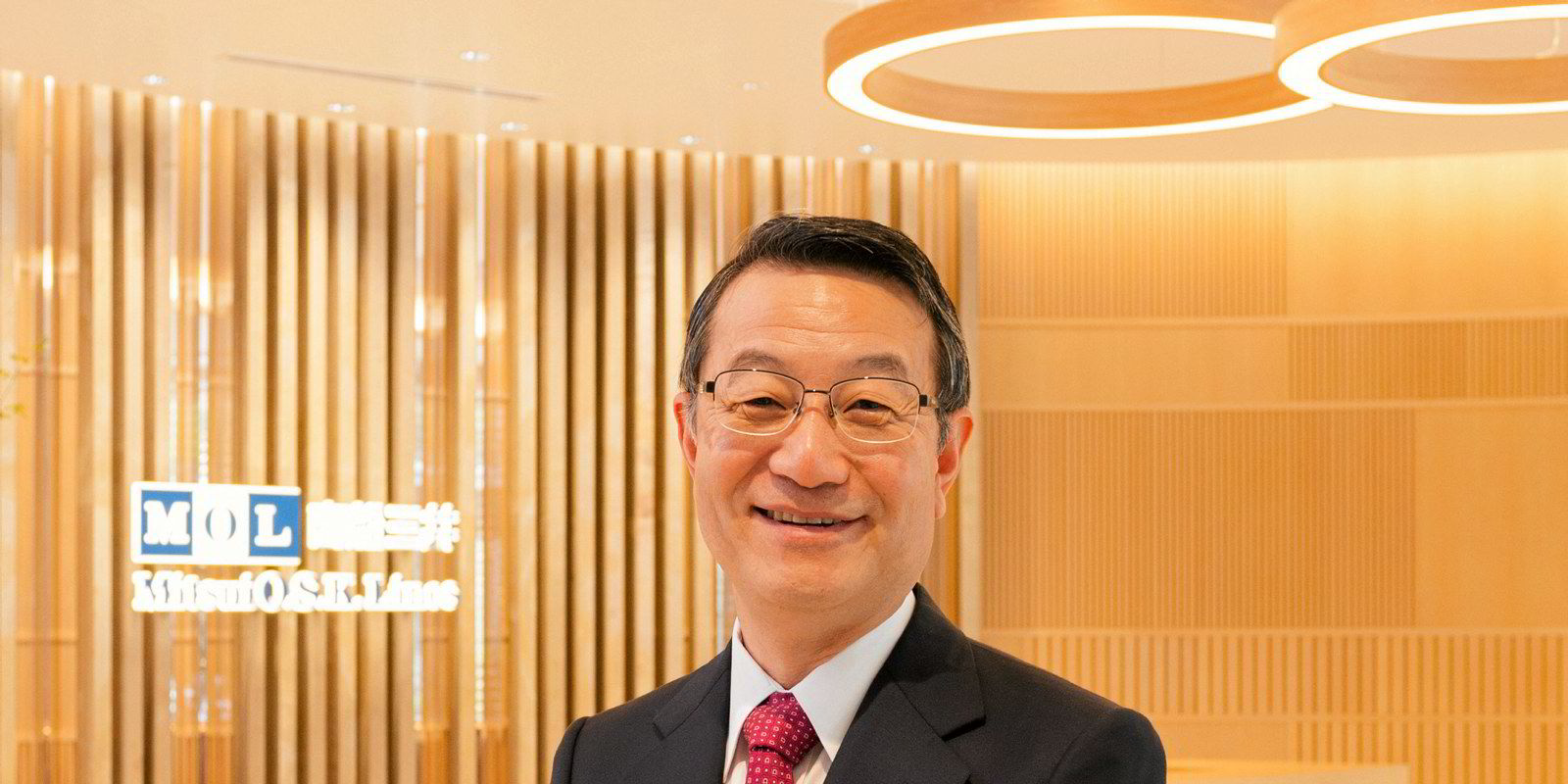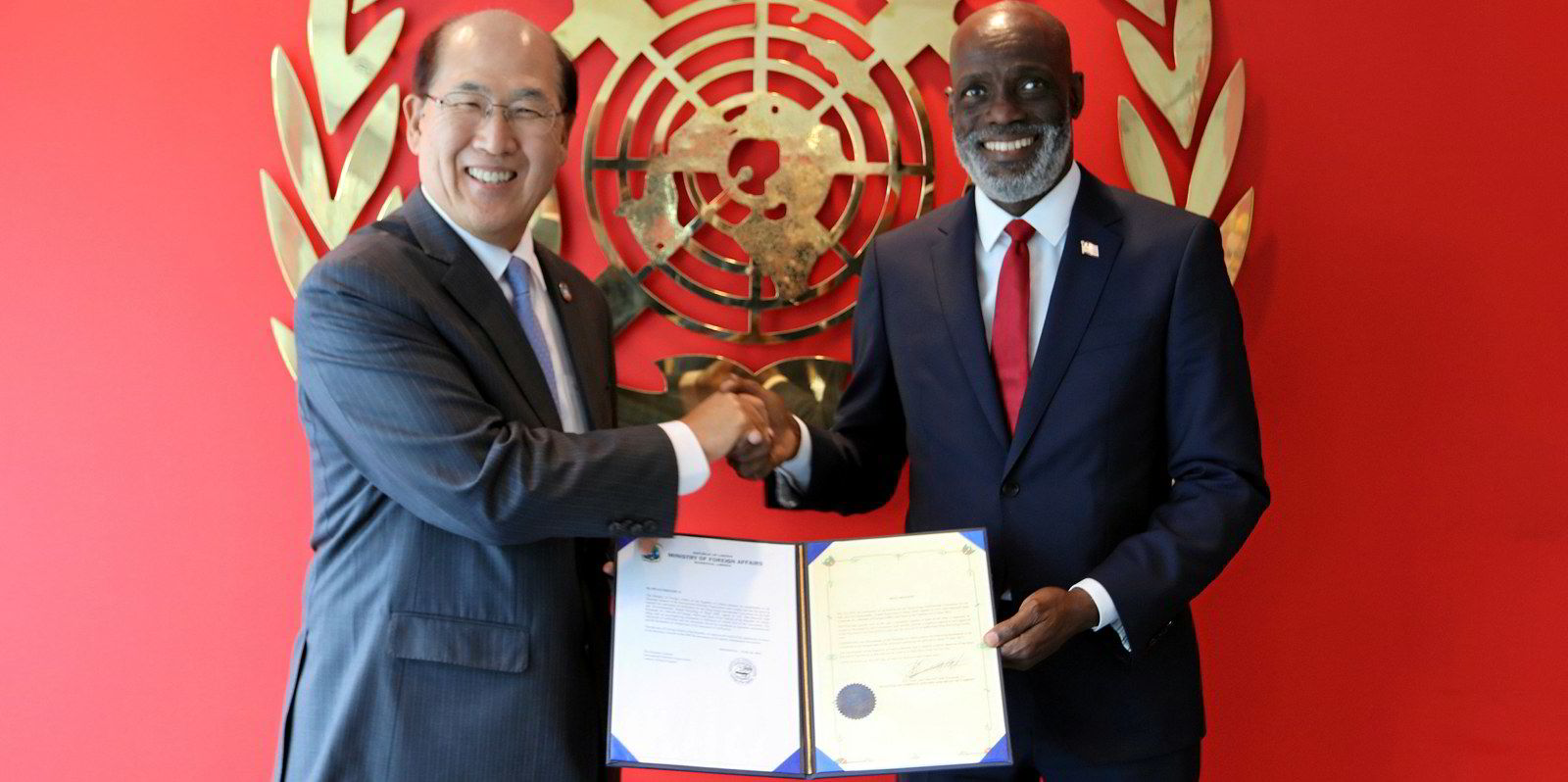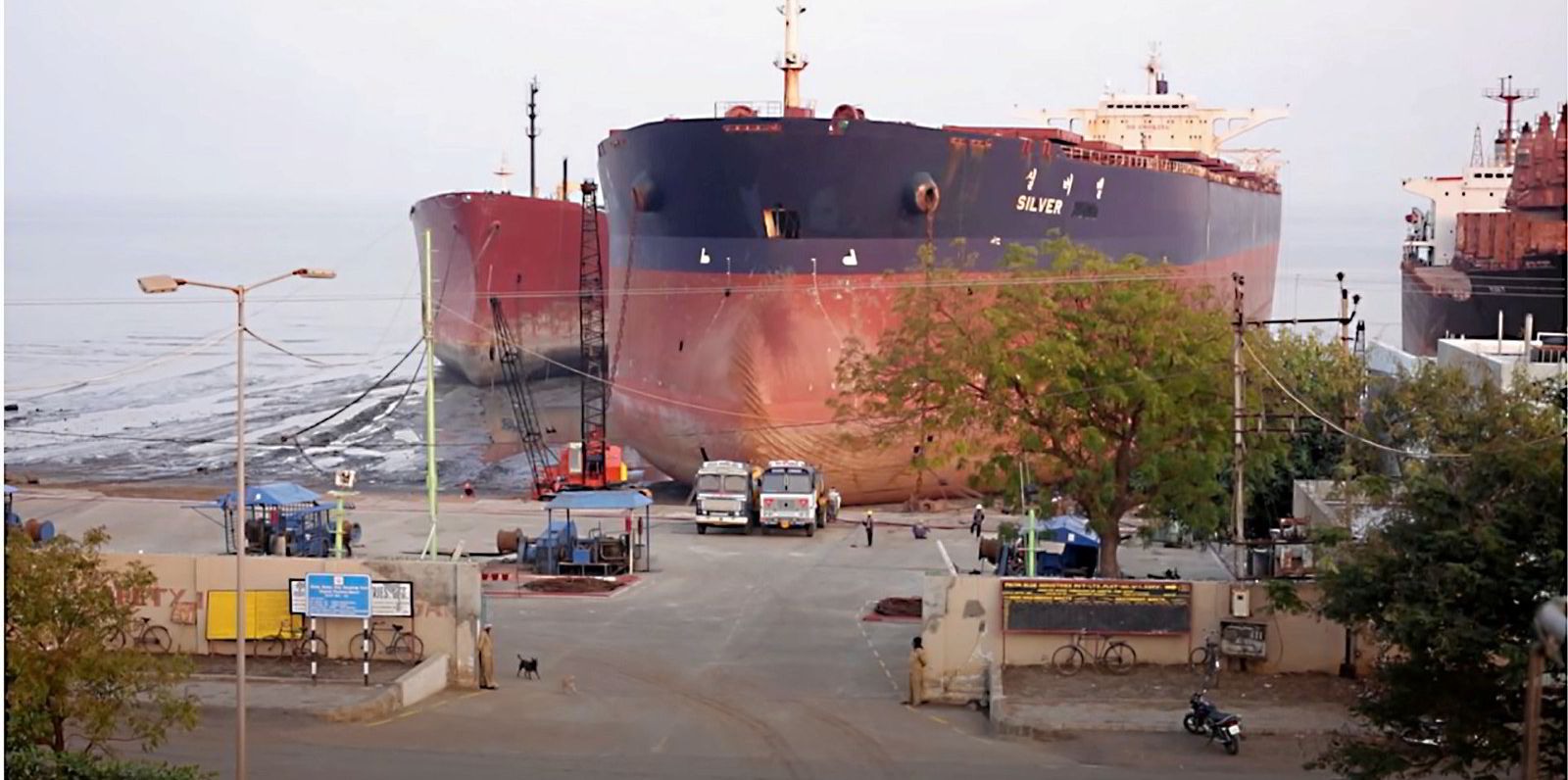The Hong Kong International Convention for the Safe and Environmentally Sound Recycling of Ships will enter into force in two years.
Liberia has followed Bangladesh and notified the International Maritime Organisation (IMO) it has ratified.
After international cooperation between governments, the HKC now meets its complicated conditions on balancing ratifying states’ tonnage and recycling countries’ capacity.
IMO secretary general Kitack Lim said: “This is a momentous day for the IMO, for the international shipping industry, for the marine environment, and especially for workers and local communities in ship recycling countries globally.”
There is unlikely to be an immediate impact on the market.
Under IMO regulations it will be 24 months after reaching the entry into force requirement that the HKC will become maritime law.
Industry watchers said in those two years it is critical all recycling yards upgrade to the HKC standards.
Making sure there are an adequate number of compliant recycling yards will be essential as the industry transitions to zero-emission ships by 2050.
Around 15,000 ships in the next 10 years will require recycling according to BIMCO.
“Today is the real beginning, the work starts now. We will continue to call on shipowners to commit to choosing globally compliant yards when their ships reach the end of their life cycle,” said BIMCO chief executive David Loosley.
Most Indian breakers have already been awarded statements of compliance with the HKC.
However, only a handful of Bangladesh yards have achieved that status and dozens must upgrade.
Under phase III of the Safe and Environmentally Sound Ship Recycling in Bangladesh (SENSREC) project the IMO has committed to helping Bangladesh yards to meet the required standard.
The Norwegian-led SENSREC scheme will offer technical assistance in establishing treatment, storage, and disposal facilities in Bangladesh.
Japan, which also played a key role in encouraging Bangladesh to ratify, will also offer additional technical assistance to Bangladesh breakers.

Japan Shipowners’ Association president Junichiro Ikeda said: “The JSA will continue our utmost effort to encourage contracting states such as Bangladesh and India to swiftly expand the HKC compliant yards in order to meet the accelerating demand for recycling of older vessels, replaced by newer greener vessels. We will also continue to recommend our members and fellow associations to ensure a priority usage of the HKC compliant yards.”
International Chamber of Shipping senior manager John Stawpert said: “This marks a sea change for this global industry and confirms that in the near future shipowners will be confident that their vessels will find a safe and environmentally sound destination for recycling.”
Trigger a review
Entry into force will also trigger a review after six months of the European Ship Recycling Regulation (SRR) for possible alignment with the HKC.
Under the SRR ships flagged in Europe must be recycled at European Commission-approved yards.
However, European shipowners have found it easy to circumvent the regulation by flagging out while there have been issues of safety standards at approved yards.
International acceptance of the HKC will allow shipowners to recycle ships in South Asia without concerns over breaching the Basel Convention for the Transboundary of Movement of Hazardous Waste which does not allow the export of waste to developing countries.





